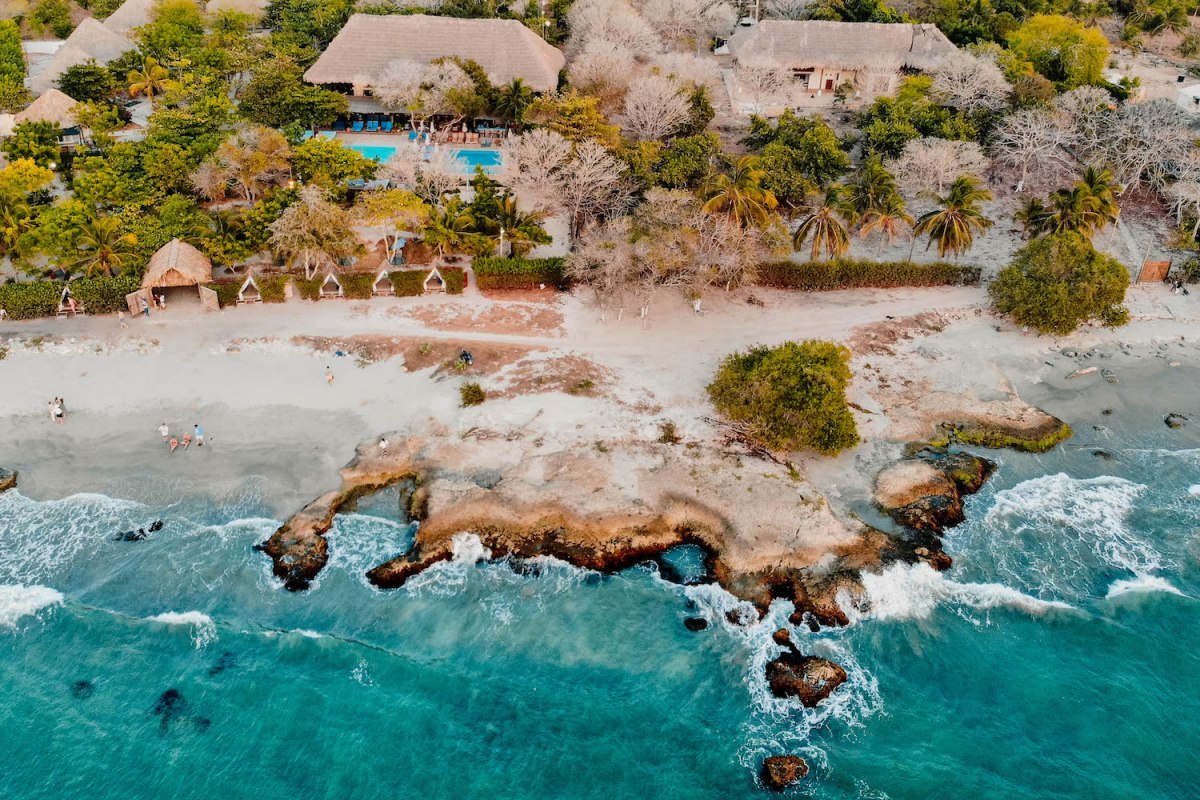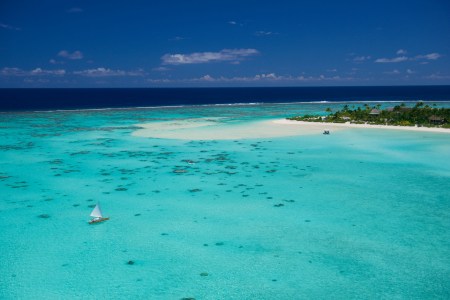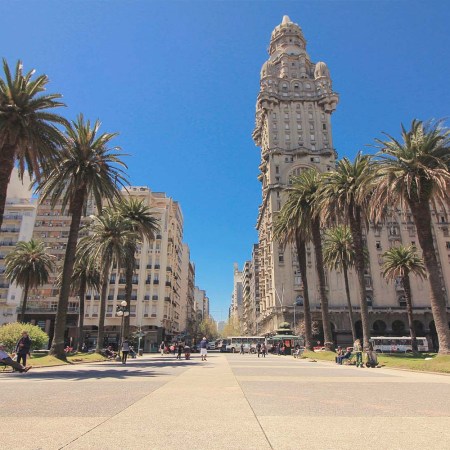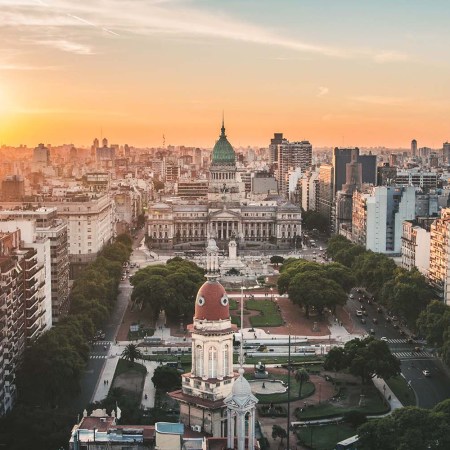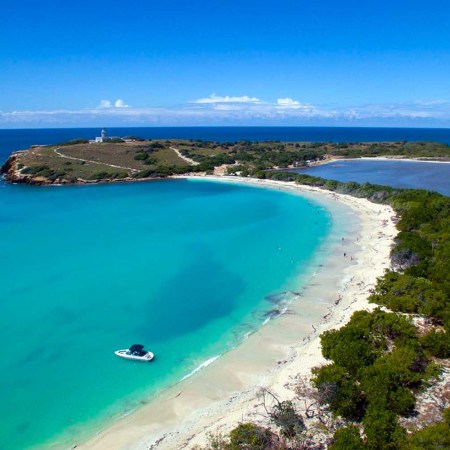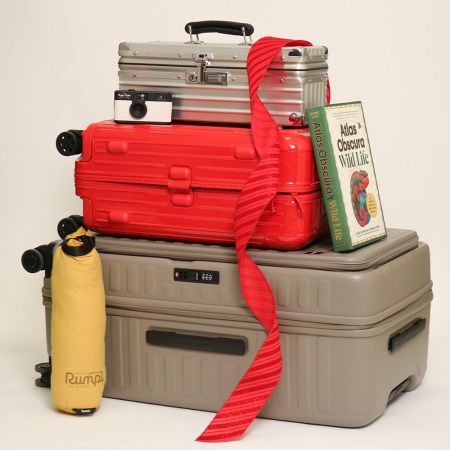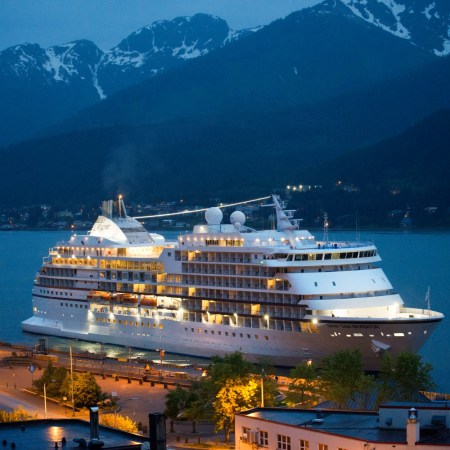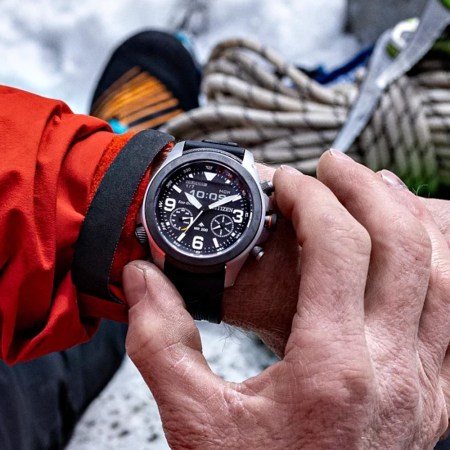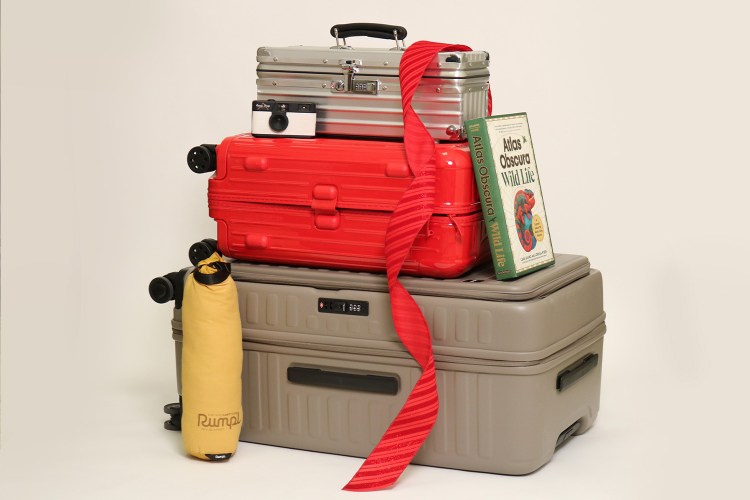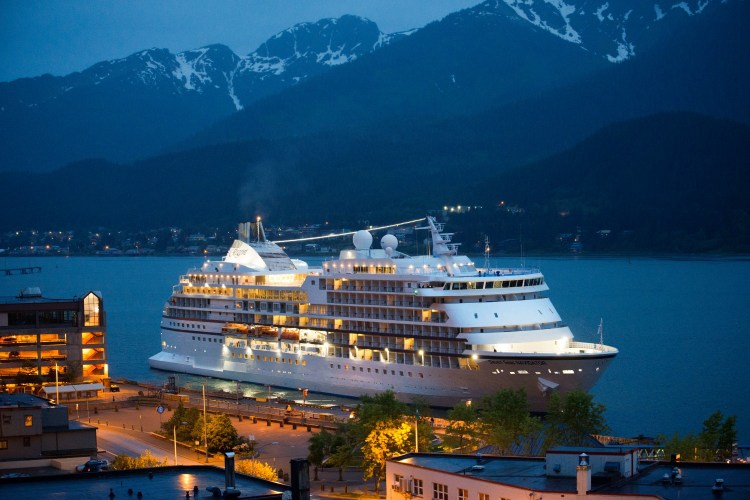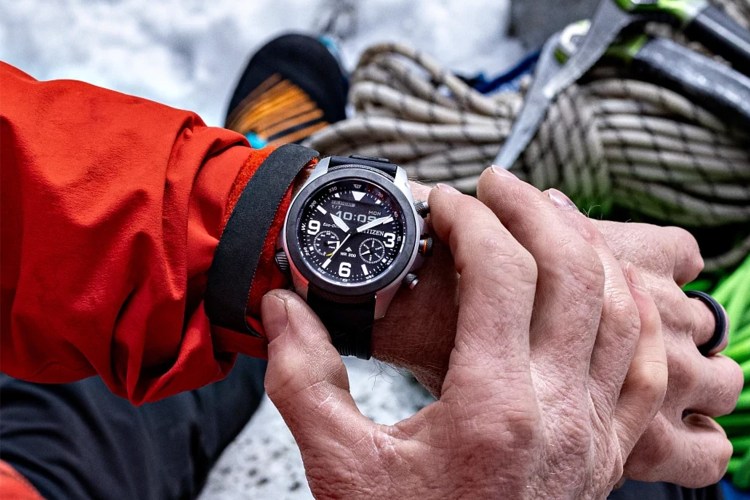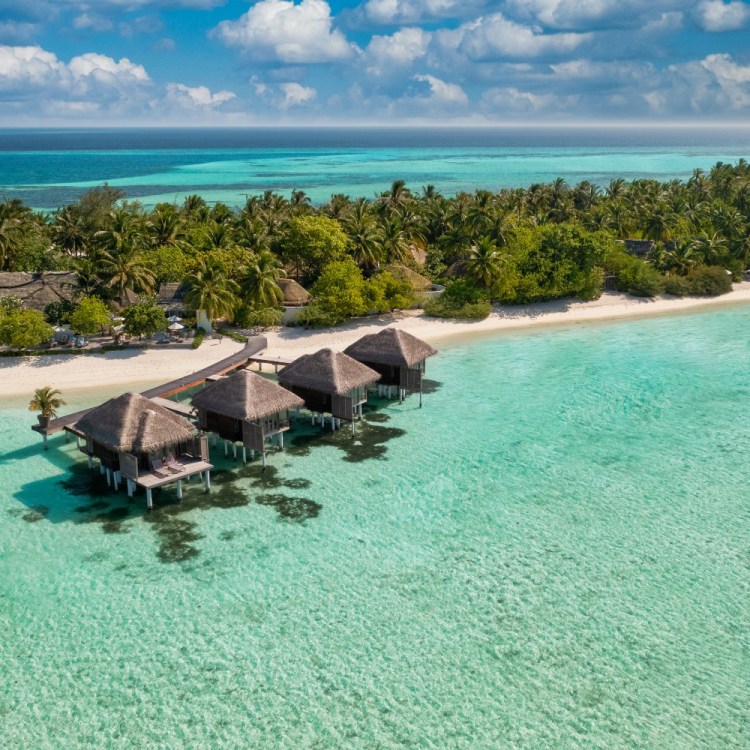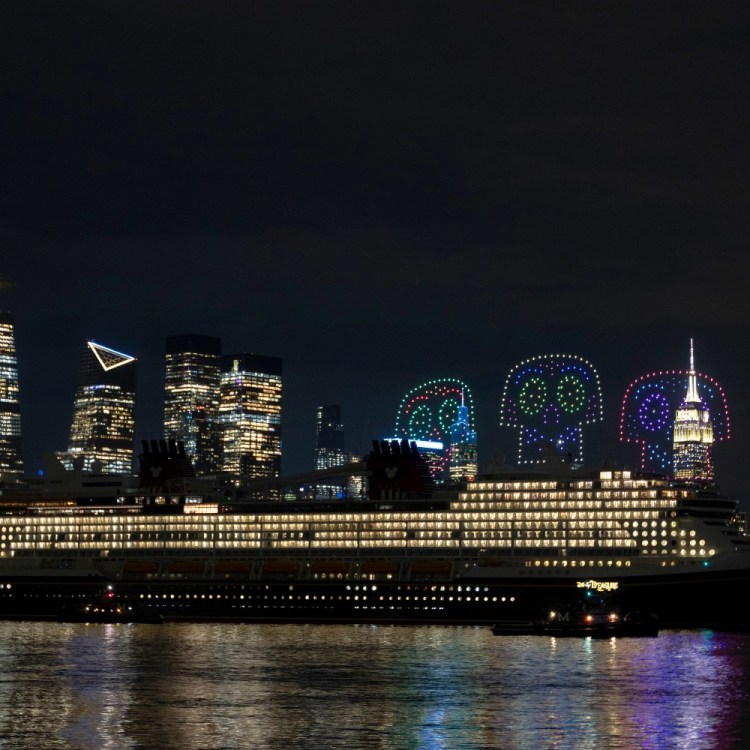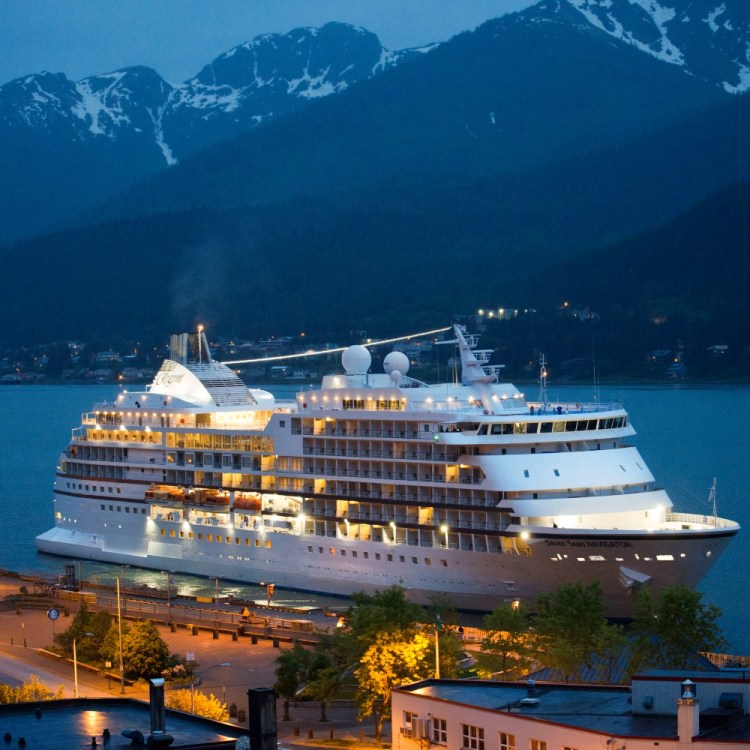The wind whips through my hair, warm and ferocious, as our small boat, or lancha, zips along the water toward the island of Tierra Bomba. Just a half-hour’s journey from dock to dock, travelers can find themselves transported from Old Town Cartagena to what feels like distant shores in a shorter amount of time than it takes to get from Brooklyn to Manhattan in a taxi cab.
Pulling up to the dock, turquoise waves swish and sway around rocks and towards the sandy beach of Blue Apple, one of Tierra Bomba’s main attractions and a key piece of its recent revival. The eco-centric resort is owned by British-Trinidadian Portia Hart, a hospitality entrepreneur and philanthropist who had no idea she would one day lead the regeneration of a Colombian island community.

Stepping Up to the Plate
“I worked in an office in London for about five minutes before landing a job in Monaco at a superyacht company,” Hart says. “I wasn’t directly involved in hospitality there, but of course our business was centered around people enjoying quality time on their yachts, so it was a part of everyday business. I can’t imagine doing what I do in Monaco now, partly because for me the thing I love is to see social, economic, class and cultural barriers dissipate and humans connect. Magic.”
Hart didn’t just snap her fingers to enact lasting change, though. When she first visited Tierra Bomba, she remembers being fascinated by the fact that there was such a large island so close to the city that seemingly nobody was visiting — travelers often scoot right past it on their way to the more popular Rosario Islands. Her own expedition to Tierra Bomba resulted in frustrating experiences, like overpaying for poor quality food and chaotic service, making her think, “there’s a real opportunity here.”
Luckily, Hart was already living in Cartagena, enticed by a business opportunity from a friend and their Colombian partner. Hart quickly fell in love with the pulsing energy of the city, its rich culture and its vibrant colors.
“I don’t know how many energy lines are running underneath Cartagena, but this city has a weird magic about it,” she says. “You can feel the centuries of history, the glorious and the ugly, and you can breathe it, feel it, hear it in the chaos of everyday life here. The fact that it’s an Afro-Colombian city makes it unique in Colombia, and as a person of Afro-Caribbean descent, it feels like home. There’s a saying here that everything is possible, but nothing is certain. It sums up Cartagena and its people perfectly. Every day is a thousand possible adventures.”
As things sometimes go, her friend ended up not enjoying Colombia and moved back home to London, leaving Hart in a unique place, both mentally and physically — which forced her to consider her options and take a wild chance. What resulted was Blue Apple Beach, a venture that the new entrepreneur bootstrapped with her own savings, alongside two business partners from New York, and no knowledge of running a hotel.
“My goal was so simple: serve rosé and good food with some great background music, but we now laugh at the fact that in order to do that, first we had to fix the world,” Hart says. “We had to address environmental issues, social inequality, lack of basic services, horrible supply chains and a global economic system that is fundamentally rigged to cause harm. We are still doing all of that every day. The surprise for me is that’s the part that has become the most important and no, we aren’t done yet.”
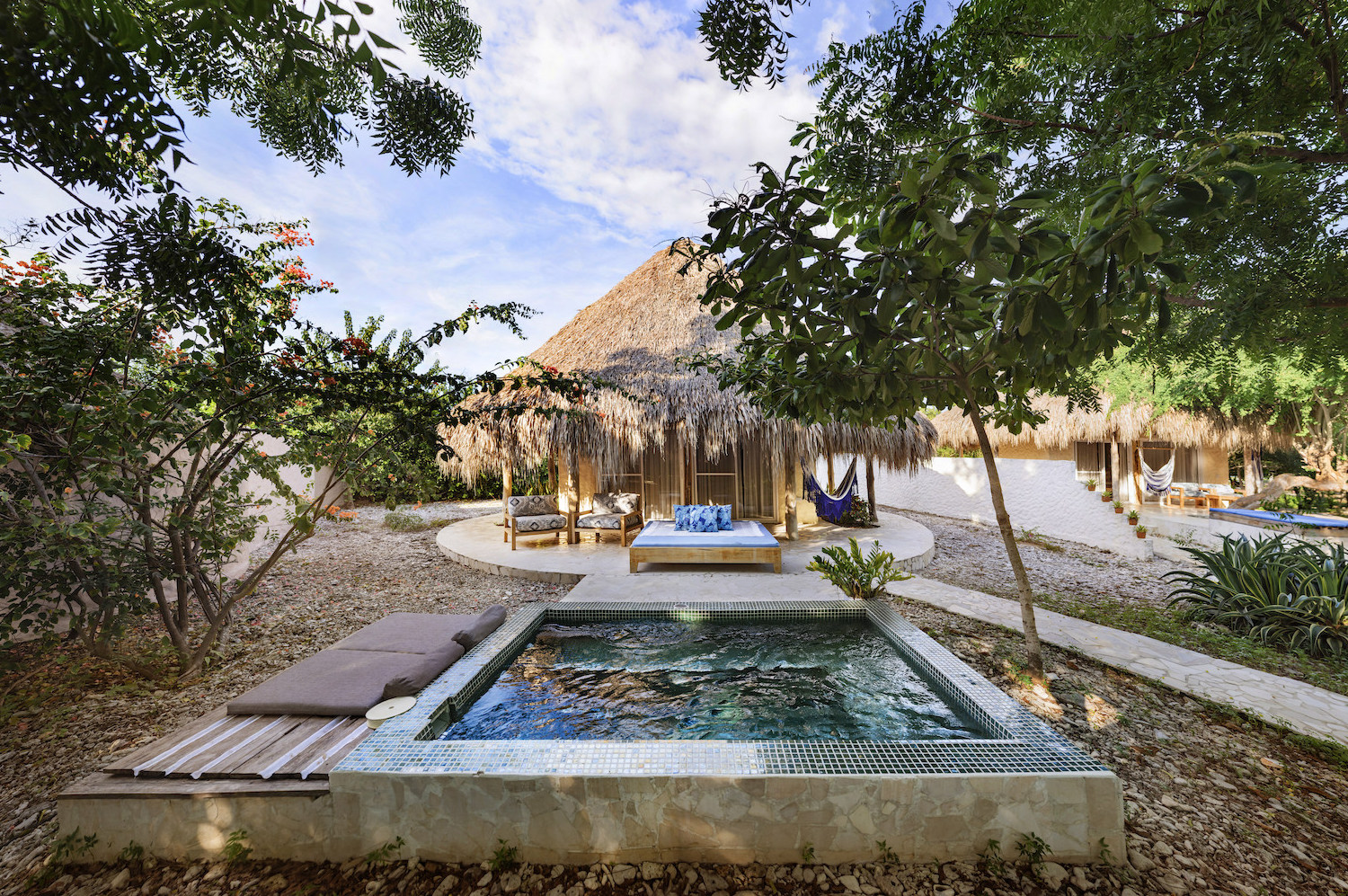
Crushing It
Strolling up to Corozo (each free-standing villa is named after a different tropical fruit), I’m greeted by the sound of a chirping yellow bird sitting on a lush tree that shades my private pool. The villa itself combines a rustic thatched roof with modern, taupe cement. Embedded into the boundary walls and outdoor shower, the ends of bright blue bottles provide pops of color and remind visitors of the structure’s origins.
Since 2017, Blue Apple has been crushing glass on property. Despite accounting for a massive percentage of waste for the hospitality industry, Hart realized that Cartagena has no infrastructure in place to recycle glass. Green Apple Foundation was born as the company’s non-profit organization, turning glass bottles into restaurant glassware and grinding down the remaining glass to create mortar that was then turned into walls.
“When other companies started to ask for help doing the same, we decided to make it an independent non-profit so it was clear we weren’t profiting from its activity and encourage others in the industry to join in, rather than seeing it as part of a competitor’s economic activity,” Hart says. “What’s special about Green Apple is that it has created specialists who are now leaders in the entire city when it comes to what they do.”
A New Standard for Sustainable Luxury Hotels Has Arrived
The hotel industry is rife with “greenwashing.” Beyond Green wants to change that.One year later, her team was tasked by the United Nations to conduct “prior consent,” a global system designed to stop businesses from potentially exploiting indigenous and vulnerable communities. Hart and her team used the opportunity to dig into the history of Tierra Bomba, learning about its unfortunate cultural erosion and the fact that virtually nobody who was able to explain was left in the island’s main village. In response, an internal committee was created within Blue Apple to work alongside the community. Its goal is to see if indigenous cultural practices can eventually be brought back to the village itself.
The resort and its team play an increasingly important role now, as new beach clubs continue to emerge and the island’s tourism industry becomes more developed. Hart tells InsideHook that about 20 additional beach clubs have opened since their launch. “So there’s a real blossoming beach club economy now,” she says. “All I ask is that the municipality and the local community join forces to make sure all this fast development is a force for good — socially and environmentally, as well as economically.”
Today, Green Apple Foundation does more than just create beautiful and useful items from discarded material — it also provides locals with high paying and meaningful jobs. During the process of becoming B-Corp Certified, Blue Apple instituted a company-wide minimum wage that is 15% higher than the Colombian minimum wage. Blue Apple Beach is the first island resort to attain B-Corp Certification, more than 70% of employees are from the local village and more than 75% of their waste is diverted from landfills.
See It, Be It
Now, one focus of Hart’s is accessibility and diversity. “Women, like any other underserved element of human society, make up a large amount of the population,” she says. “Same as members of the LGBTQ community, people of color, people of different abilities and so on. If you have businesses run by us, they will be better able to cater to us. Even for the most cynical, you can’t deny that’s just good business sense.”
Both at Blue Apple and her hotel in Cartagena City, Townhouse, Portia has implemented small changes that not only encourage a diverse patronage, but bring in more business. One example was ditching the “his and hers” bathrobes and slippers. “You’ll save time and stop excluding same sex couples,” she says.
These shifts will likely be implemented at Hart’s next hospitality venture, too: a nature-focused tented camp in the Los Llanos region of Colombia, “which is the country’s savannah.” Looking at a 2025 opening date for the project, the entrepreneur says she’s most excited about incorporating conservation into her social and environmental hospitality ethos there.
“Back in Monaco I was told bluntly that women of color do not make it to the top of the superyacht industry,” Hart says. “On my first day as a business owner here in Cartagena, people started to call me ‘patrona’ (the feminine word for ‘boss’ in Spanish). I have the privilege of being foreign, which certainly helps, but I would say that the strong community of girl-bosses here in Cartagena speak to what kind of a place it is to be a woman in leadership. I have no complaints at all.”
This article was featured in the InsideHook newsletter. Sign up now.
